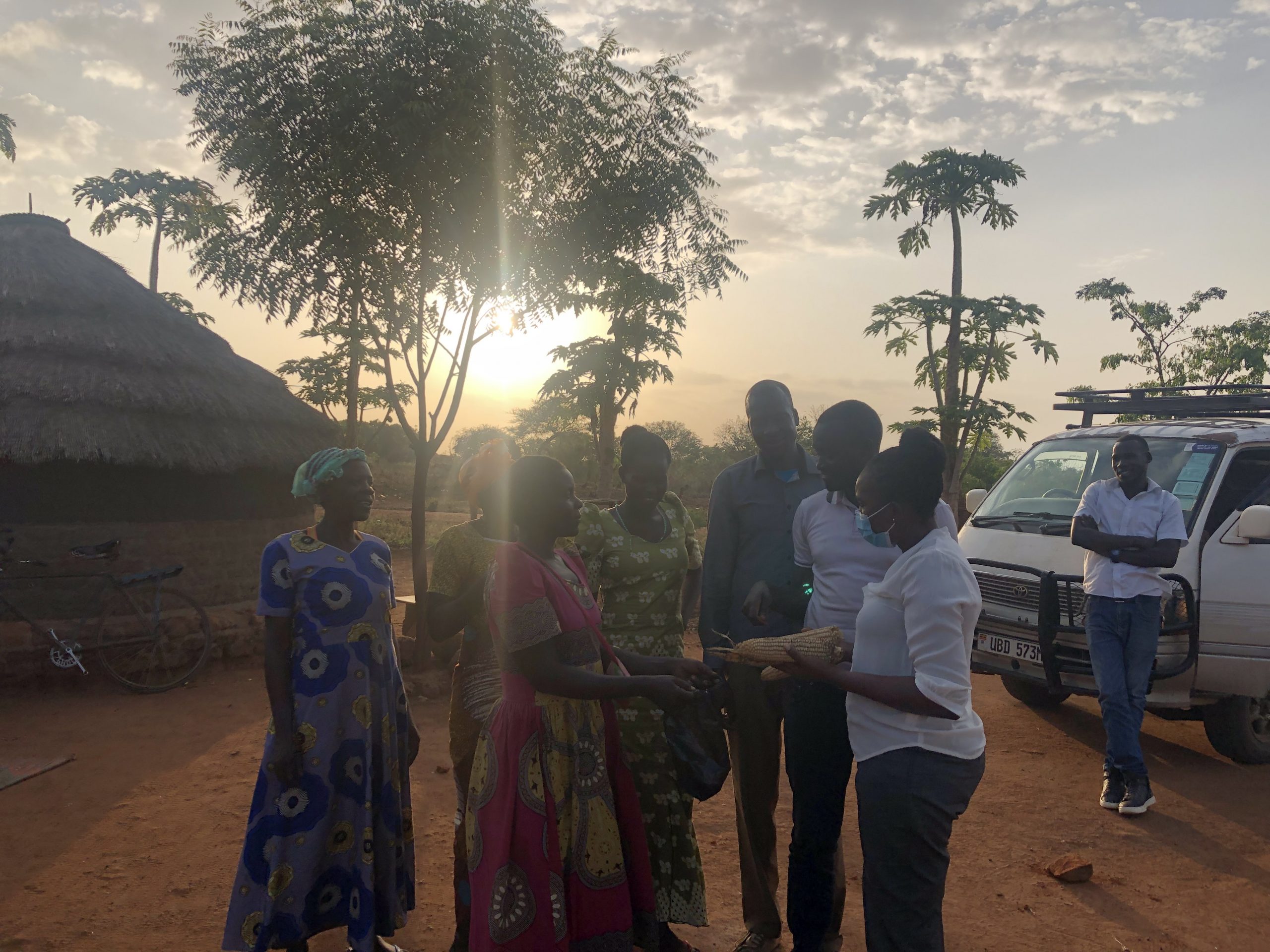PIK and GIZ kick off three new climate risk analyses
In April and May 2022, joint PIK and GIZ teams have been holding kick-off workshops with representatives from the government, academia, civil society and international organizations in Yaoundé, Kampala and Lusaka with the aim to present first study results, further refine the study focus and identify stakeholders’ priorities and possible entry points to national policies and programmes.
The climate risk analyses will be structured along the usual AGRICA impact-action study framework with each study specifically tailored to the local context and end users’ needs.
In Cameroon, the study will focus on maize, cocoa and cassava production which are major drivers for deforestation. In addition, forest cover change and grassland productivity are considered to support resilient land use and adaptation planning.
In Uganda, the climate impacts and adaptation options along maize and coffee value chains are assessed, as well as interactions between climate change and land governance.
In Zambia, water availability in the Kafue catchment will be a particular focus of the climate risk analysis. Moreover, the evaluation of adaptation options to climate change will include several criteria, including a cost-benefit analysis and financing options.
The climate risk analyses are developed over the coming year in a participatory manner and in close collaboration with national ministries and research institutes.
If you are interested in collaboration, please feel free to contact Prof. Dr. Christoph Gornott: gornott@pik-potsdam.de



